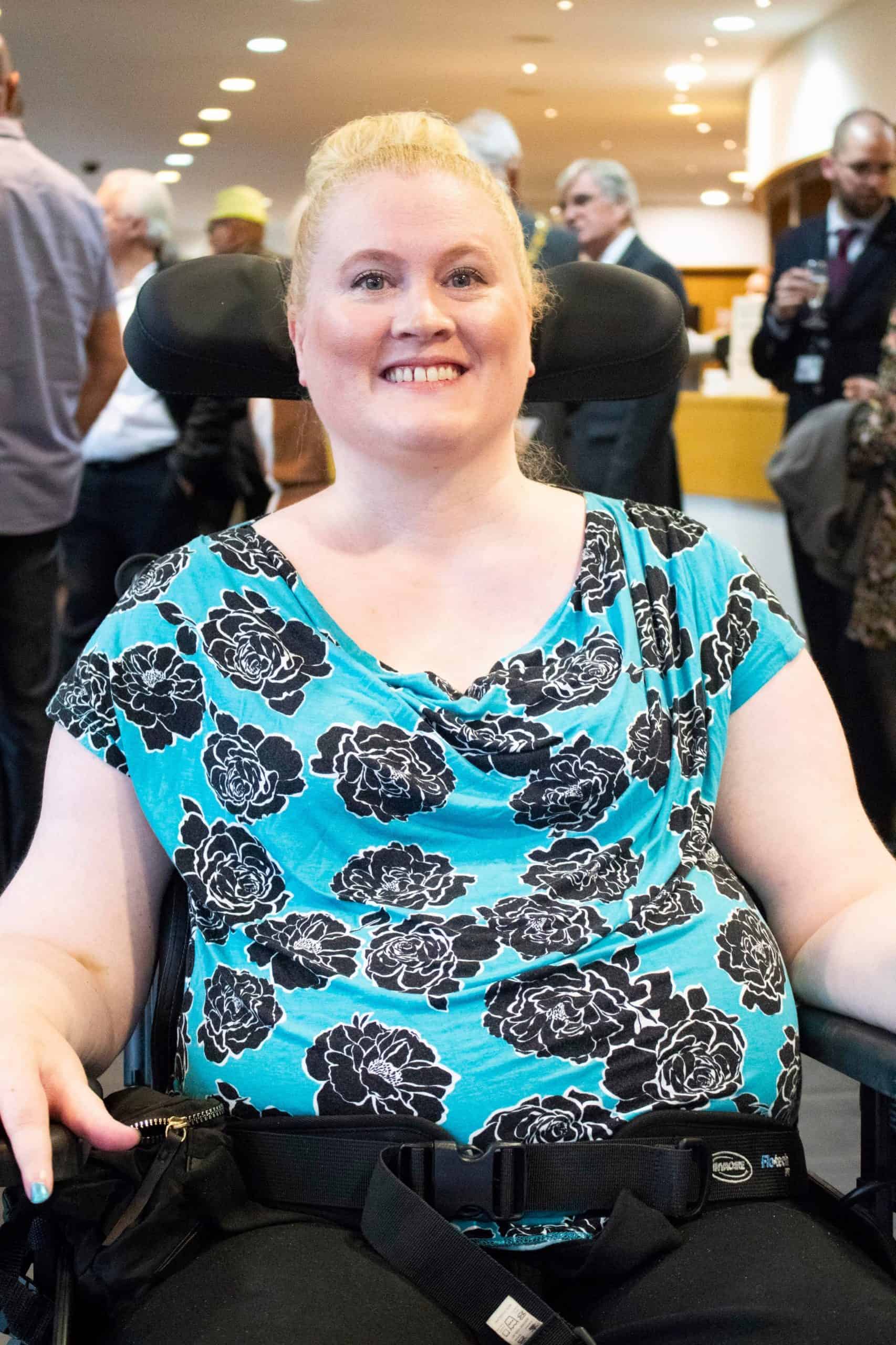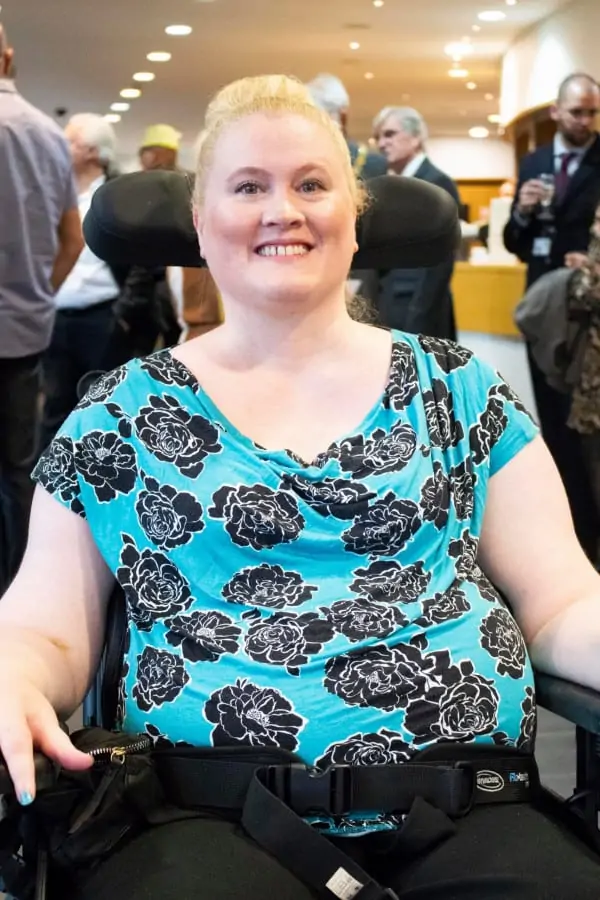Disability Blogger Kerry Thompson on the Easing of Covid Restrictions
My favourite subject is ‘TOILETS’. Yes, toilets a strange subject to get my wheels all excited about, I know, but I’m not just talking about any old public loo. I’m talking about changing places toilets.
But before we talk ‘toilets’ I want to talk about the pandemic. Like most in the disabled community I have not stopped shielding throughout. As restrictions start to ease I hope the valuable lessons learned during this time won’t be forgotten.
It’s important to remember that over 14 million disabled people living in the UK, have been adapting their lives for many years now, already faced with restrictions, health anxieties and challenges. It’s just a part of everyday life. Amongst all the challenges we face I think we are very good at finding the positives and learning to adapt very quickly.
Shielding must come to an end at some point. But according to recent research from Scope, three out of four disabled people (myself included) won’t be leaving our houses until we’ve had the second dose of the Covid vaccine.
As the world seems to be re-opening around me I can’t help but feel like I am yet again being left behind. While many people are very eager to go shopping, to the pub, get their hair cut and finally meet family and
 friends, for myself and many others after 409 days (15th April) I still haven’t left my house, entered a shop, pub/restaurant or seen my family and friends! But I have been thinking about all the accessible and non-accessible places to go when I do re-enter society. Before lockdown it was already hard enough to find an accessible place to go, with many places advertising themselves as accessible when in actual fact they’re not as accessible as they claim to be. From having steps at the entrance, doors not wide enough, to an accessible toilet being too small there are many reasons why a building is not accessible for disabled people and their families.
friends, for myself and many others after 409 days (15th April) I still haven’t left my house, entered a shop, pub/restaurant or seen my family and friends! But I have been thinking about all the accessible and non-accessible places to go when I do re-enter society. Before lockdown it was already hard enough to find an accessible place to go, with many places advertising themselves as accessible when in actual fact they’re not as accessible as they claim to be. From having steps at the entrance, doors not wide enough, to an accessible toilet being too small there are many reasons why a building is not accessible for disabled people and their families.
My question is… What happens now? Are the places that were already accessible ‘still accessible’ with the new rules and guidelines? Are shop assistants and other workers still going to be able to help the disabled community if they need help? What happens when a wheelchair can’t social distance? And the places that were not accessible – are they now going to make themselves accessible?
If anything, we have learnt we are capable of becoming more accessible; it just needed a pandemic for businesses to rethink. Just like that, within weeks most businesses had found ways operate in a more remote way. For years disabled people have been requesting more inclusion.
So why should businesses make changes such as installing Changing Places toilets? There are some compelling reasons. In the UK alone, the purple pound (the spending power of disabled people and their families) is worth a staggering £274 billion and continues to rise every year. Right-now this is valuable money not being spent in businesses just because they are not accessible. The Government also recently announced that £30 million will be put aside for businesses for the installation of changing places toilets. This is an opportunity for businesses to make their premises more accessible to the disabled community and their families.
As lockdown restrictions continue to be eased, and those who have been shielding begin to re-enter society, we need to make sure that improving accessibility is a key part of the re-opening process. Businesses need to consider whether they are helping or hindering their disabled customers, for their own benefit as well as ours.
ABOUT KERRY THOMPSON
Kerry Thompson is a lifestyle and disability blogger from Milton Keynes. At 24 she was diagnosed with a rare form of Muscular Dystrophy, Kerry uses her platform to promote awareness of the condition and to strive for a more accessible and equal world for everybody.
MORE INFORMATION
Discover Changing Places with Aveso
We are passionate about creating spaces which provide a safe environment for people with additional needs. We can help every step of the way; from initial advice on feasibility and funding, to planning and design, through to installation. Book a consultation to find out more.

